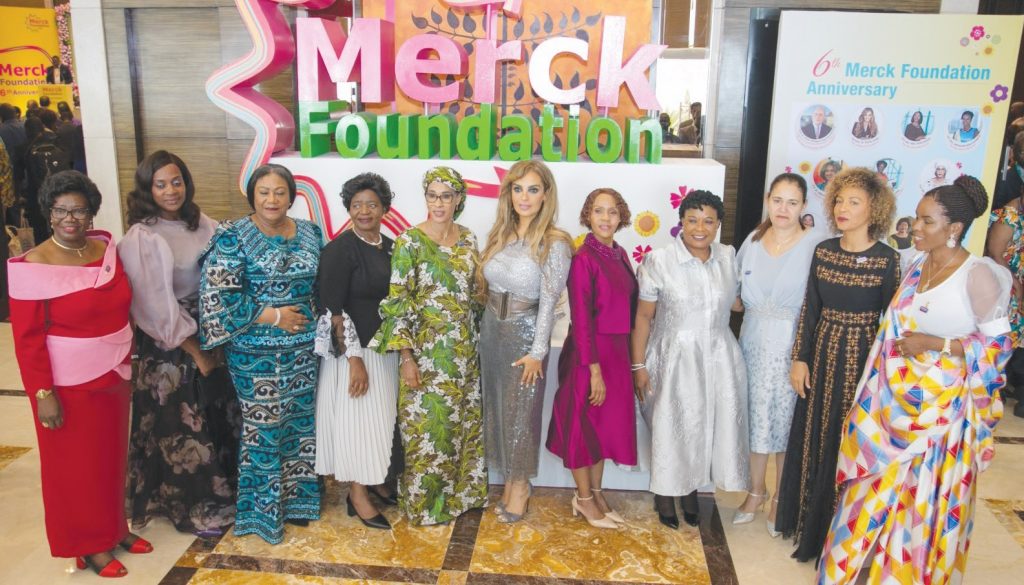Facing fertility woes head on
A 38-year-old woman concealed as Leticia has miscarried five times.
However, she remains determined to enjoy the joys of motherhood.

She has seen several specialist doctors who manage conditions that affect women’s reproductive system.
“I’ve consulted gynaecologists, prophets and herbalists. I’ve taken bitter herbs and pills. I’ve prayed and fasted, but I still can’t give birth. This eats me inside,” Leticia explains.
At her age, she is under pressure to give her husband a child.
However, she feels lucky to have survived a miscarriage that nearly cost her life.
“It started with severe stomach pains, then profuse bleeding. At the hospital, I needed an emergency operation because I had an ectopic pregnancy [which occurs when a fertilised egg grows outside the uterus],” she narrates.
Leticia and her husband have visited social welfare offices to adopt a child, but the lengthy process remains prohibitive.
“I find solace in my husband’s unwavering support and understanding. He doesn’t push me. I just yearn to have a complete family,” she says.
External pressure and discrimination from her peers, relatives and community push Leticia to a lonely corner. False narratives about her past also haunt her, leaving emotional scars.
“It hurt and I broke down when I heard some women saying I can’t keep a pregnancy to term because I had several abortions before marriage,” she explains. “In my village, women call me names and tell me pointblank that I still look young because I have never given birth.”
Leticia’s story is a stark reminder of the daunting challenges faced by many women in Malawi.
Nearly one in five couples in Malawi experiences infertility issues.
“Malawi is among the few Southern African countries without a fertility clinic. This neglect leaves individuals struggling with infertility without appropriate health care,” says Dr Zaziwe Gundah.
The medical doctor works for the good of women facing fertility challenges.
Even the Medical Council of Malawi does not officially recognise infertility specialists.
Lack of equipment and laboratories for assisted reproductive technologies further hinders infertility treatment.
Merck Foundation collaborates with 22 first ladies across Africa to enhance the health and well-being of people with fertility challenges. Its More Than a Mother project empowers affected women with information, education and strategies to shift societal perceptions.
During a meeting with first ladies in India, Merck Foundation chief executive officer Rasha Kelej said women are unfairly blamed for infertility though men are responsible for more than half of cases.
“The media should help communities understand that infertility affects both genders,” she says.
Merck Foundation has offered 18 Malawian doctors scholarships for reproductive healthcare studies in India.
“This will advance the skills of our young doctors to improve women’s health and reproductive care, break stigma and restore happy families,” says First Lady Monica Chakwera.
Gundah, who holds a Master of Science Degree in Sexual and Reproductive Medicine from the University of South Wales, is one of the recipients of the scholarships.
He already has a long waiting list of clients struggling with reproductive health conditions, including infertility.
Dr Martha Masamba, a lecturer in obstetrics and gynaecology at the Kamuzu University of Health Science urges families facing fertility challenges to seek medical assistance.
“While some procedures such as IVF [the joining of a woman’s egg and a man’s sperm in a laboratory dish] have never been conducted in Malawi, others such as blocked tubes in women can be treated,” she says.
However, Leticia’s struggle is a reminder that infertility is a shared burden that calls for compassion, understanding and, most importantly, access to comprehensive care.






One Comment